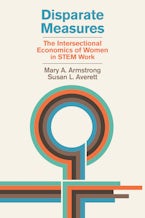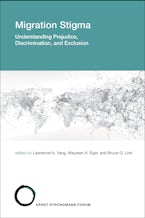“An urgent handbook for how to see, to unlearn, and to dismantle the infrastructures of cultural whiteness. White Sight is destined to become an essential text in the transdisciplinary study of visual culture and white supremacy.”
Dan Hicks, Professor of Contemporary Archaeology, University of Oxford; author of The Brutish Museums
“Incisively narrating the processes through which violent white ontologies are spatialized, this text is an essential complement to anticolonial attempts to re-visualize the material world.”
Zoé Samudzi, Assistant Professor in Photography, Rhode Island School of Design
“Urgent, thoughtful, provocative. In short, everything you would expect from Mirzoeff. He reminds us of our power to see a more just world.”
Alexis L. Boylan, Associate Professor in the Art and Art History Department and the Africana Studies Institute, University of Connecticut; author of Visual Culture (MIT Press)
"White Sight continues Nicholas Mirzoeff 's bold intervention on visuality and counter-visuality in his earlier book, The Right to Look, as both seek to develop a decolonial framework for the field of visual culture studies...There is also a sense of continuation in the sheer magnitude of the project: the analysis of artworks and visual practice is combined with historical, anthropological and geopolitical knowledge, which is contextualized in the cultural and economic history of the Atlantic world. At its core, this new book is also a call to action: to strike against whiteness."
International Affairs
"Mirzoeff's new book, White Sight: Visual Politics and Practices of Whiteness, explores how systems of white supremacy see, and thus order, the world in the unbroken history of colonialism, up to the present day. White sight finds articulation in a vast array of visual culture—from the monuments of colonialists and Confederates that occupy (literally) key points in cities and towns, to the deadly vision of the military drone's-eye view, to the museum displays of species made extinct through colonial slaughter. Where the British Jamaican philosopher Charles W. Mills coined the term “white ignorance” to describe the historically entrenched epistemic block that forecloses knowledge of the brutal material realities of racial capitalism, Mirzoeff's term takes up the question of how practices of whiteness operate in our fields of vision—and, crucially, how to rupture that white reality and see otherwise."
Los Angeles Review of Books












